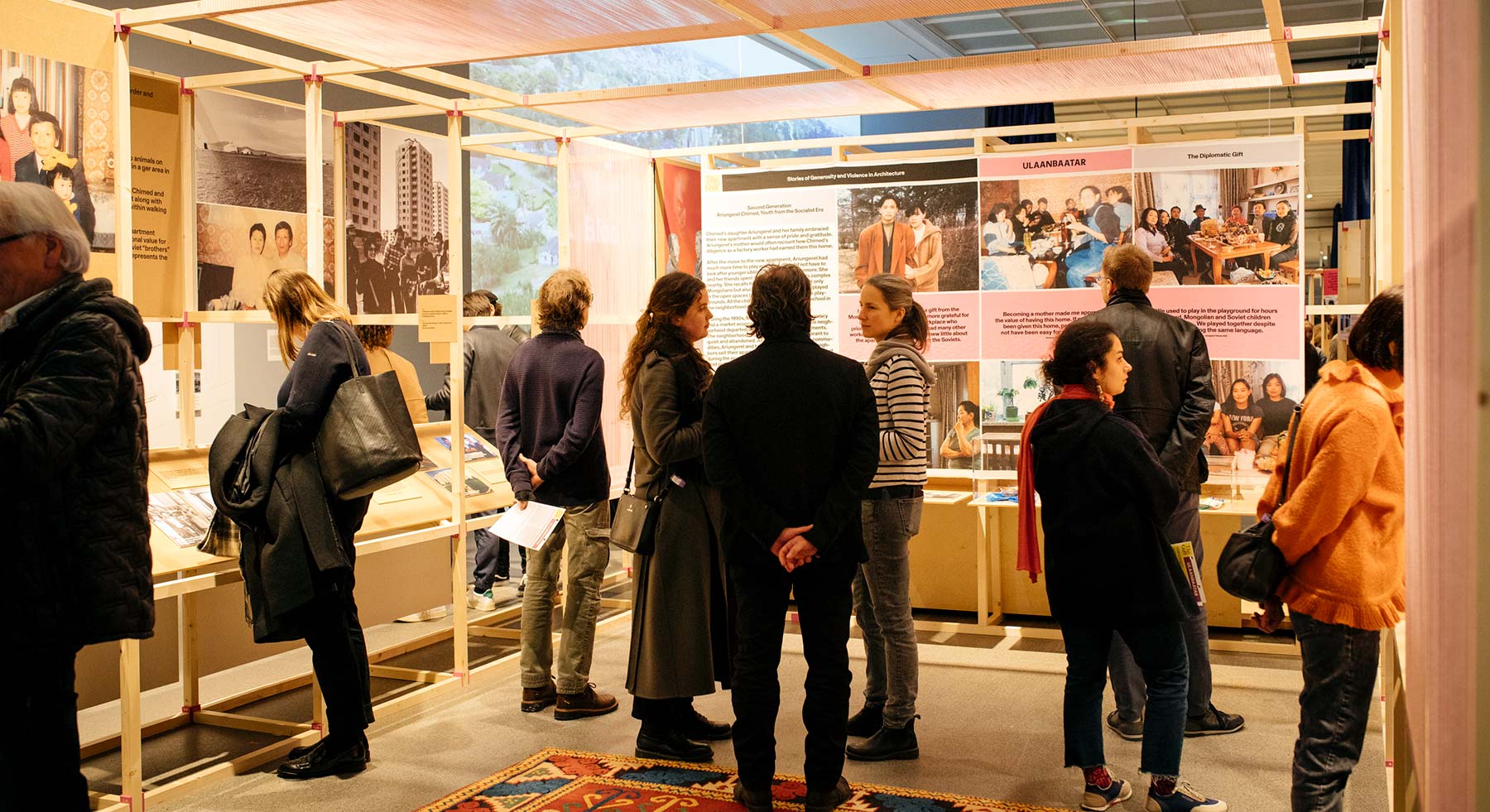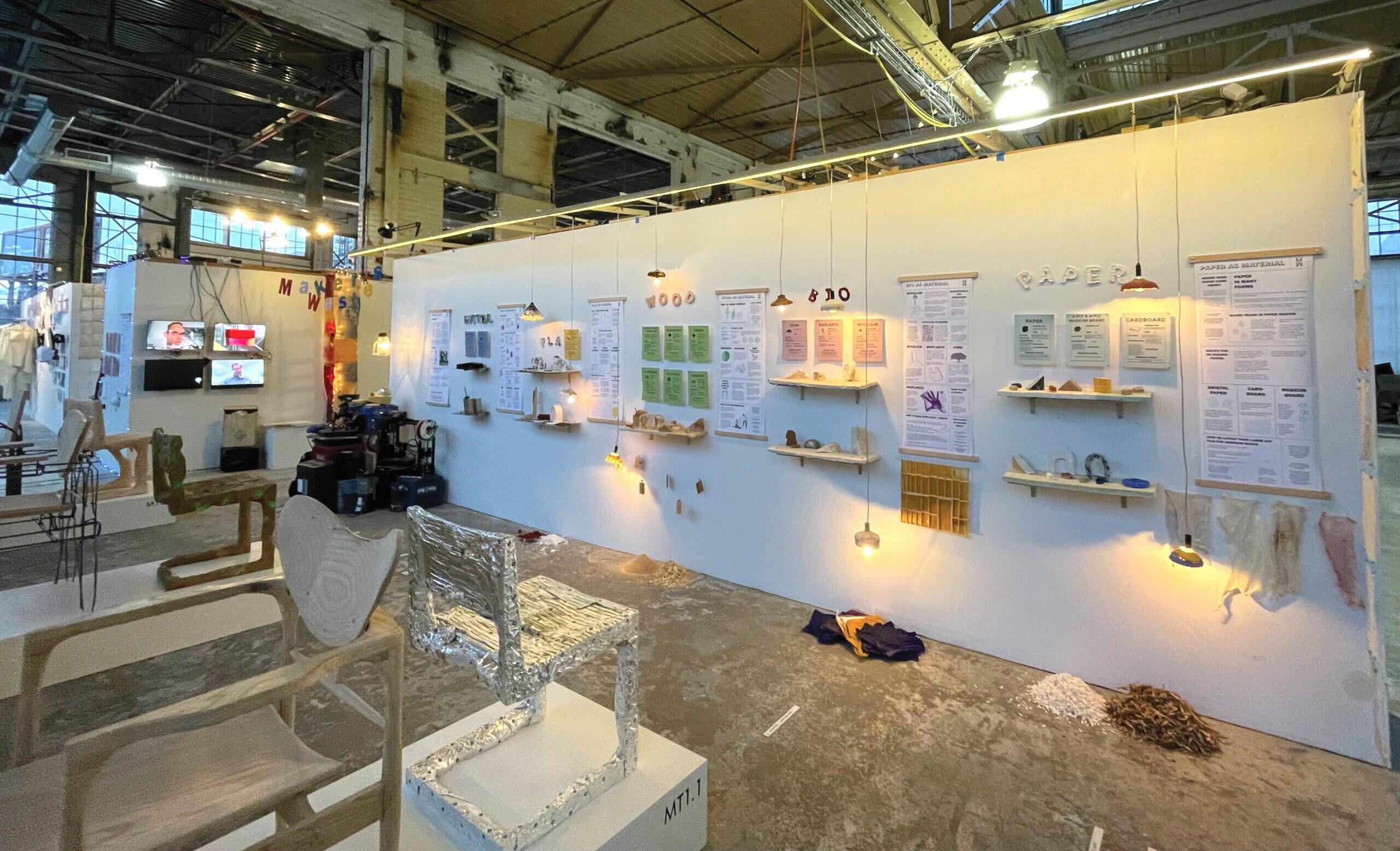Lesli Hoey, Assistant Professor of Urban and Regional Planning will join a collaborative team of researchers on a project titled, “Urban Gardens: constrained auto-generation of spatial pattern and consequences for ecosystem services.”
The Cube was proposed by Ivette Perfecto, a Professor of Natural Resources & Environment and will also involve John Vandermeer from the department of Ecology and Evolutionary Biology.
The research, as explained on the MCubed website, is as follows:
“Urban gardens represent a vibrant and growing element of the global food system, throughout the world. While they take a variety of specific forms, they generally are small-scale, organic and frequently coordinated by some form of community organization. Despite the fact that there is little coordinated effort to plan these gardens at a macro level, it is evident that they do not occur at random in most urban landscapes, but rather seem to form loose clusters. It is reasonable to expect that secondary consequences will emerge from this spatial pattern. In this proposal we aim to (1) determine the underlying ecological/sociological/economic dynamics that generate spatial patterns of urban farms in general, (2) examine the ecological dynamics that determine the dynamics of pest species in the gardens, and (3) examine the consequences of this pattern and these dynamics for ecosystem function, specifically with respect to autonomous biological control function.”
Hoey’s research and teaching interests focus on ways policy planning, implementation and evaluation strategies facilitate or limit the development of equitable, healthy and sustainable food systems. Some of her past projects include work on a multi-country study of the challenges of mainstreaming nutrition into national policy agendas and the development of a method for integrating evidence-based and experiential knowledge in food and nutrition planning, piloted in Kyrgyztan and Bolivia. Her current research in Bolivia examines policy responses to the urbanization of malnutrition, nutrition policy implementation strategies (top-down/rational verses contextually adaptive approaches), and the effect of rural-urban migration, urban agriculture and land distribution systems on food security. Hoey is also beginning to expand her work into Michigan and Detroit, where she is interested in action research aimed at strengthening the viability, sustainability and accessibility of urban and regional food systems.
Visit the description of the project on the MCubed site.
MCubed is a two-year seed-funding program designed to empower interdisciplinary teams of University of Michigan faculty to pursue new initiatives with major societal impact. The program minimizes the time between idea conception and successful research results by providing immediate startup funds for novel, high-risk and transformative research projects. The funds are intended to generate data for groundbreaking, high-impact publications, or preliminary results for new, innovative research proposals. The program also includes high-visibility, campus-wide research symposia to showcase the resulting groundbreaking research.




